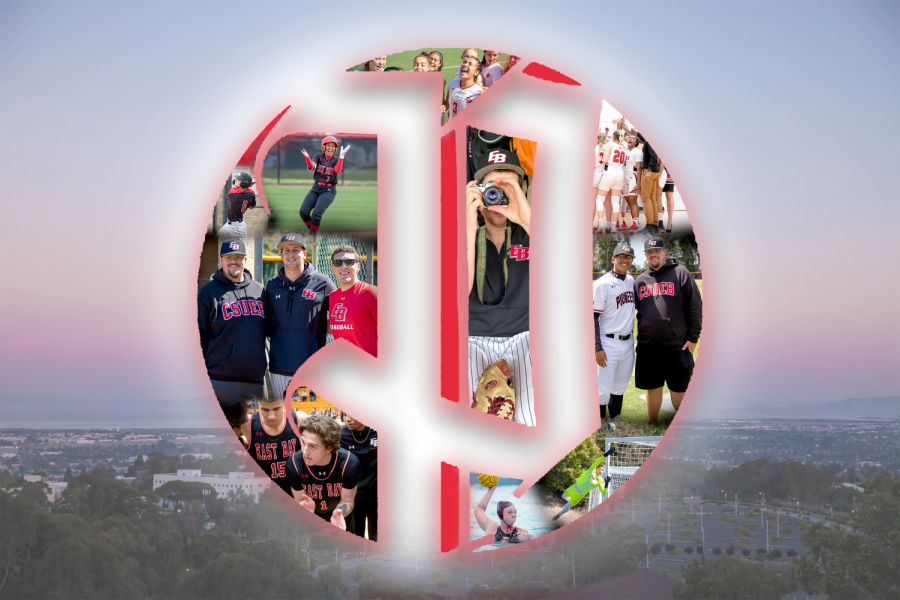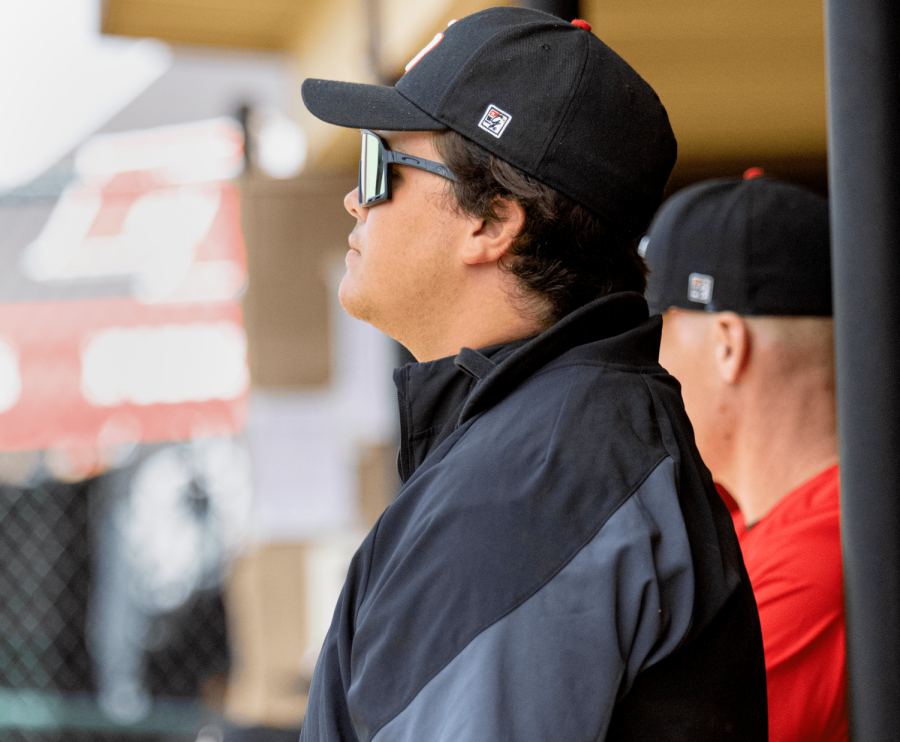At the risk of sounding like an old fart, when I listen to the radio or watch a video on BET today, I feel as if I’m exponentially retarding myself in frames per second. I like a few records that have come out in the last 12 years, but seriously, I hate what is considered mainstream hip-hop.
In 1975, if you stood next to Kevin Donovan it would be like standing in the awkward umbra of an eclipse. The man was large, mean, and darker than a blind guy’s midnight. He was a warlord for the biggest gang in New York City, the Black Spades. Blood was on his hands. Yet, despite all that going against him, he was destined for immortality.
NYC’s powers didn’t give a damn about living conditions in the Bronx. So he found ways for the gang to be the law of the borough. They took drug dealers off their turf and implemented health services near elevated subway stations. Donovan had a heart as well as a gift, which showed when he won a national essay contest. The award was a trip to Africa.
It was there he reached an epiphany; the bleak realization that Black Americans may never overcome the effects of slavery and segregation because of street life’s self-inflicted vices. By the time the young man had returned to America, Kevin Donovan was dead. Afrika Bambataa was born. Now that’s hip-hop!
Why has the music become synonymous with African-American males being reduced to stereotypes of misogyny, greed and “niggaliciousness”? How has the greatest cultural contribution from the last quarter of the 20th century encouraged black demobilization in the 21st? Perhaps it is by design, to cripple the minds of inner-city youths united by radical messages of resistance they could pop and lock to. Were Afrocentric community messages intentionally watered down to make salacious sound bytes more accessible for larger audiences?
The United States has had a fetish for Negro buffoonery dating back to black face, bug-eyed minstrel shows. Want TV ratings to soar? Dy-no-mite!!! Want to go platinum? Stop trying to enlighten people and start talking about raping chicks. Want to be on the best-sellers list? Well if your last name ain’t Obama, hopefully you’re pitching a crack cookbook to the publisher.
We must distinguish the messages in hip-hop culture we receive as two entirely different art forms. Hip-hop is to jazz, as rap relates to blues. They are related, but they are not interchangeable parts to be assembled and consumed in all environments. Of course, the golden age of hip-hop we experienced during the late ‘80s and early ‘90s was not without its absurd charms. We loved big butts so much we could not lie about it anymore, and proclaimed from mountaintops how we’d rather die than go a day without our smoky medicine.
When the rules of the industry changed, the focus went from grown man business to teenage fantasy. I can’t help but want to smack the holy hell out of the adults I see today who would rather dress, talk, and behave the way their middle school-aged offspring might. Seems a bit too tacky to be tolerable.
Sad, ain’t it? I grew up with this stuff. I’ve seen DJs conjure spells of electro break-beat-matching by mixing turntables, processors, live instruments, synthesizers, even pots and pans. I’ve listened to the greatest wordsmiths in world literature use masterful timing and voice to rap about metaphysical identity, death, discipline, love, politics and revolution. So what happened?
Hip-hop will be 40 years old in the very near future. I’d tell it the same thing I’d tell a saggin’ fool standing in front of the Hayward BART station: Pull up your pants, my brother, and your mind will follow.











